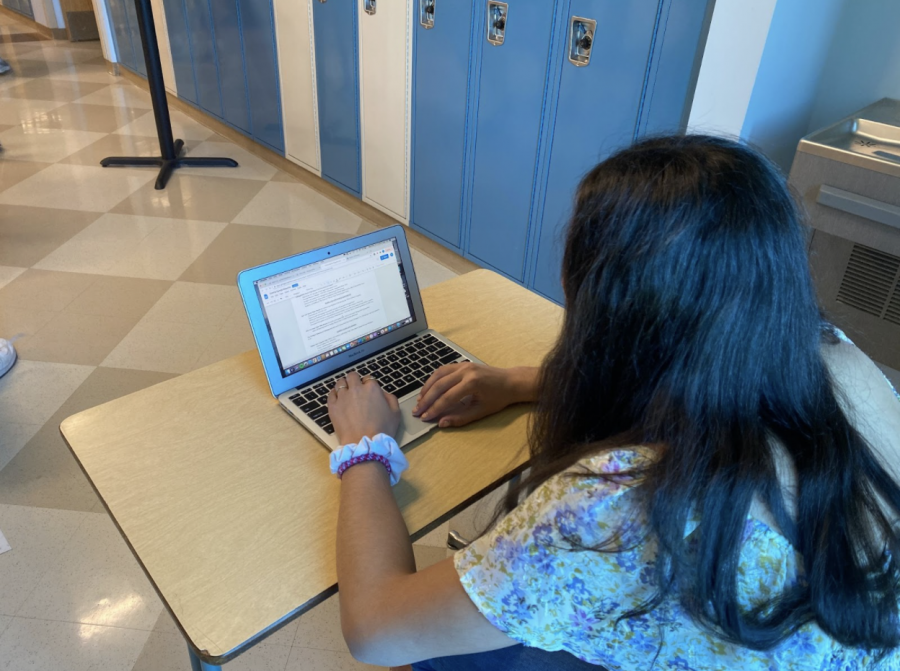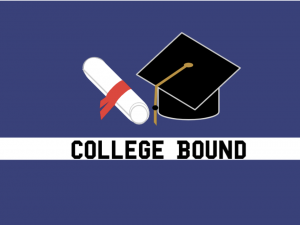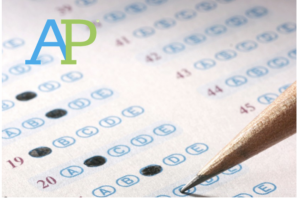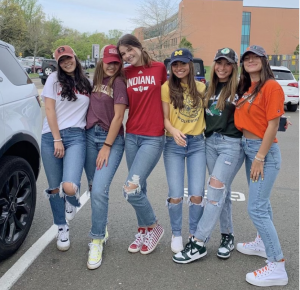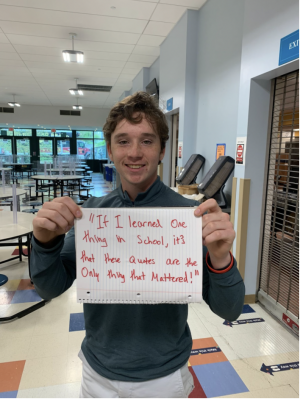College counseling: negatives outweigh positives in most scenarios
High school students often seek the help of college counselors throughout their time in high school in order to figure out how best they can prepare for college applications, and receive advice during the process itself.
I began hearing of people visiting college counselors at the beginning of freshman year. At the time, I wasn’t even sure what exactly a college counselor was or what they did. I was focused on figuring out how to get to my Global Themes class without succumbing to the infamous freshman hallway pivot; I was not focussed on what exactly I should be doing in order to secure an Ivy League acceptance in four years.
In my experience, my lack of knowledge about college counselors was not shared by many of my peers. On the contrary, college counselors are almost ubiquitous in wealthy towns like Westport. It’s almost a rarity to talk to anyone at Staples who has not consulted a college counselor at one point or another during the application process. Although some involvement from professionals during the college process is often very helpful, extreme reliance on college counseling proves to have more negative consequences than positive impacts in the long run and gives those without the means to pay for a college counselor an unfair disadvantage in the college process.
Throughout my high school career, I have participated in a number of extracurricular activities, including Inklings, soccer, a few environmental clubs, a few animal rights clubs and a few Honor Societies. Sure, looking good on a college application may have crossed my mind when I joined the Science National Honor Society as a thoroughbred English/social studies girl. But for the vast majority of activities I’ve done in high school, I’ve done them because I am genuinely passionate about them.
On the same note, I chose my classes throughout high school based on my interests, not based on what looks best for colleges (though again there have been a few exceptions). I believe that this mindset has been one of the biggest factors–if not the biggest–in having an enjoyable high school experience. Instead of focusing on what would look best on a college application, I chose my activities and classes based on what I genuinely enjoy doing and learning about.
I took Sports Literature and Research as a junior even though I was already taking AP Literature and Advanced Journalism. I took the class solely because I am extremely passionate about sports and English, not for any reasons relating to college applications. Sports Lit ended up becoming one of my favorite classes I’ve ever taken, and I cannot imagine my high school experience without it.
When the idea of preparing for college and beefing up resumes is drilled into the minds of students as soon as they step into high school, it can take away from the ability to participate in activities that they are truly passionate about, diminishing their high school experience as a whole. Seeking out intermittent advice on Common App personal essays or difficult supplements or letters of continued interest is one thing, but spending copious amounts of time focused on getting into college while still in early high school years–as is the case with some college counseling–is quite another, the former being helpful and understandable, the latter being excessive and consequential.
In addition, college counseling is not cheap. Thousands and thousands of dollars are required to fund the counseling, a luxury that is certainly not attainable for most families nationwide. Because of this, taking advantage of college counselors gives those select few students with the ability to pay for it an extreme and unfair advantage.
There are many different factors to look into when considering both the true impacts and morality of college counseling. As a whole, however, the negatives of extreme reliance on professionals–not only during the college process but throughout the entirety of high school–outweigh the positives.
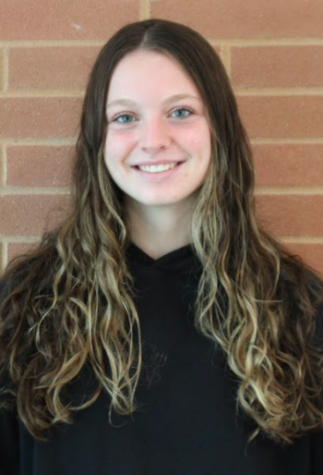
Growing up in a large family of nine, Lys Goldman ’21 learned to become a more independent and hardworking person. As a paper managing editor this year,...

Growing up in a large family of nine, Lys Goldman ’21 learned to become a more independent and hardworking person. As a paper managing editor this year,...













































